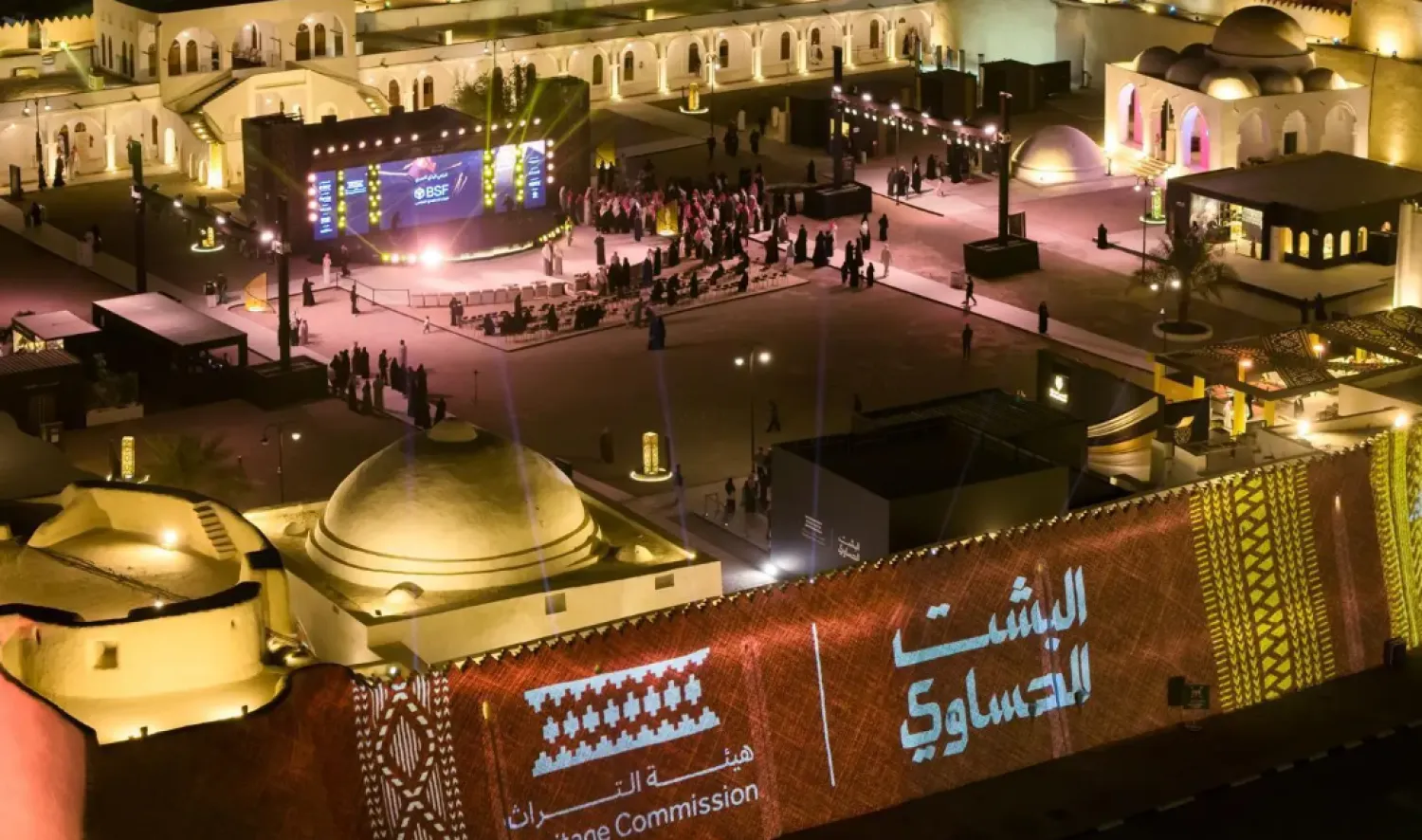The Museums Commission is scheduled to organize the "International Conference for Education and Innovation in Museums", to be held between June 1 and 3 in Riyadh.
The conference will discuss topics that will help explore the latest trends and developments in museum education and innovation, with dialogue sessions and panel discussions involving local and international experts.
Attendees will have the opportunity to experience modern and innovative technologies, such as virtual and augmented reality, and take part in workshops, seminars and discussions on research and the latest trends in museum education and innovation, SPA reported.
The focus on education and innovation in museums stems from the fact that they play a significant cultural role, preserving and documenting the tangible and intangible heritage of societies. Museums play an important role in preserving the collective memory of communities, documenting their history and culture, and enhancing the national identity.
Museology has significantly developed in recent years, with museums becoming more diverse and inclusive. They now focus on providing educational and cultural experiences to the public and play an important role in the social and economic development of communities.
By organizing this conference, the Museums Commission aims to highlight the Kingdom's cultural and historical heritage, provide a platform for communication and exchange of knowledge and the best practices among museum specialists, institutions, and related organizations, discuss innovative ideas, support museum studies globally, establish partnerships, and launch global collaborative projects in the field of museum studies.
Museums Commission to Organize International Conference on Education, Innovation in June


Museums Commission to Organize International Conference on Education, Innovation in June

لم تشترك بعد
انشئ حساباً خاصاً بك لتحصل على أخبار مخصصة لك ولتتمتع بخاصية حفظ المقالات وتتلقى نشراتنا البريدية المتنوعة







